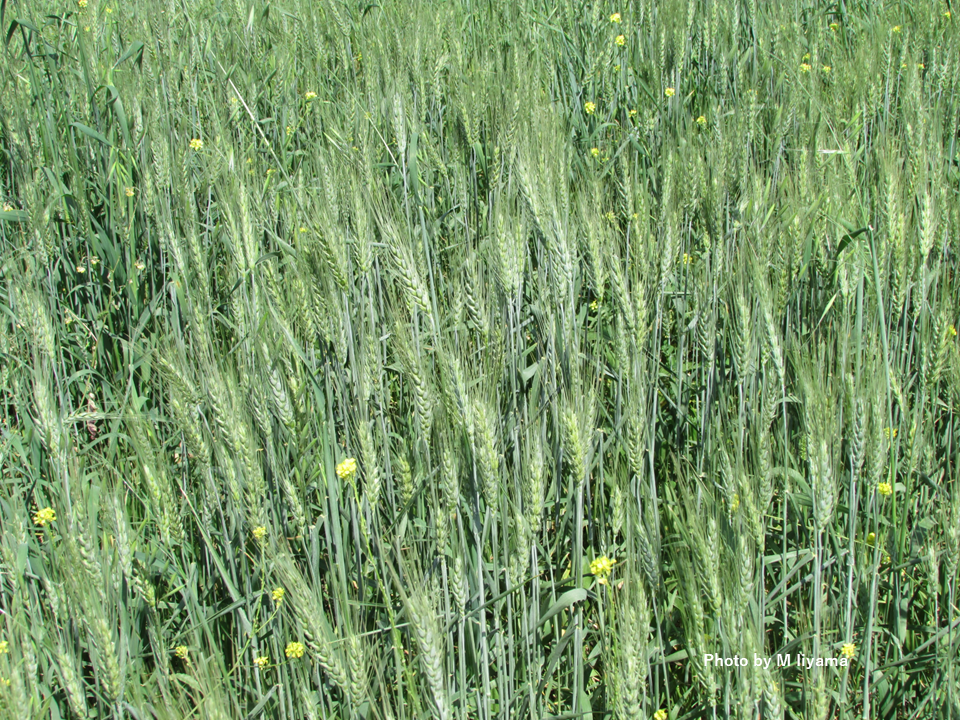Pick Up
873. Global Agricultural Productivity

873. Global Agricultural Productivity
On October 3, Virginia Tech released the Global Agricultural Productivity Report (GAP), a comprehensive analysis of global agricultural productivity trends in recent years. The report emphasizes the urgent need to achieve sustainable agricultural productivity growth, highlighting that an average annual increase of 1.91% is essential to meet global agricultural demand without resorting to unsustainable production practices.
Sustainable productivity growth is a prerequisite for achieving both agricultural production and environmental goals. According to the report, global agricultural productivity, measured as total factor productivity, will grow at an average annual rate of 1.14% over the period 2011-2021. However, to adequately meet the agricultural needs of a growing world population by 2050, an annual increase in agricultural productivity of 1.91% is essential. Failure to achieve these productivity gains will increase dependence on unsustainable production practices and accelerate the decline in agricultural productivity.
The report outlines several well-established tools that include technologies, practices, and policies that have proven effective in improving farm efficiency and sustainable productivity. These tools optimize resource use while minimizing environmental and economic costs:
Improved genetics : The use of plant and animal genetic resources to maximize yield, nutrition, and tolerance to environmental stressors, while minimizing inputs.
Precision agriculture : Integrating data, technology and automation techniques to improve production management and optimize the efficiency of resource use.
Soil health management : Implementing sustainable soil management practices to reduce erosion, increase rainwater infiltration, improve nutrient cycling, minimize input requirements, and build soil resilience.
Integrated production systems : Improving agricultural productivity and ecosystem services while reducing environmental impacts by integrating production systems at the field level.
Pest and disease management : Effectively managing pests and diseases to increase sustainable productivity and mitigate their significant impact on productivity and associated costs, while maintaining ecosystem services.
Mechanization and automation : Strategic use of machinery and technology to maximize labor productivity, improve production quality, minimize losses, and optimize resource use efficiency.
Knowledge-sharing platforms : Facilitating optimal tool utilization and cost minimization through the dissemination of knowledge on both new and existing productivity improvement tools.
Contributor: IIYAMA Miyuki (Information Program)
